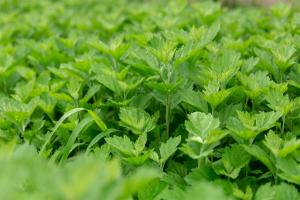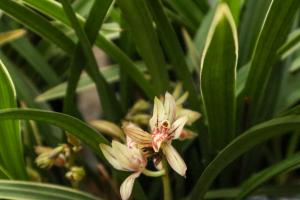Does Pool Water Hurt Plants?
If you own a pool, you may be wondering if the chlorine in the water is harmful to your plants. After all, pool water is typically chlorinated to keep it free from harmful bacteria and algae. In this article, we’ll explore the impact of pool water on plants and offer some tips to keep your garden healthy.
What Happens When Plants Come into Contact with Pool Water?
If your pool water spills onto your plants, it can damage them. Chlorine is a powerful disinfectant that can cause both burning and browning of the plant leaves. The chlorine in pool water can also have an impact on the soil, causing a build-up of salt that can harm the roots of your plants.
How Can You Protect Your Plants?
If you want to keep your garden healthy, there are several steps you can take to protect your plants from pool water damage. One option is to create a barrier around your plants that prevents pool water from coming into contact with them. You can use landscaping fabric or plastic sheeting to create a barrier that helps to protect your plants.
Another way to protect your plants is to choose the right kinds of plants to grow near your pool. There are many plants that are more tolerant of pool water, such as bamboo or ferns. These plants have a natural resistance to salt build-up and are less likely to be damaged by chlorine exposure.
What About Chemicals in Pool Water?
In addition to chlorine, you may also be concerned about other chemicals in pool water, such as pH balancers or algaecides. These chemicals can also harm your plants if they come into contact with them. The best way to protect your plants from these chemicals is to avoid using them near your garden.
If you must use these chemicals, be sure to follow the instructions carefully and avoid spraying them near your plants. You can also wash down the surrounding area with fresh water after using these chemicals to help reduce the impact on your plants.
What to Do if Your Plants Are Damaged
If your plants have already been damaged by pool water, there are several things you can do to help them recover. The first step is to remove any affected leaves or stems to prevent further damage. You can also flush the soil with fresh water to help dilute any salts that may have built up.
It’s important to keep an eye on your plants after chlorine exposure to ensure that they are not showing signs of further damage. Depending on the severity of the damage, your plants may recover on their own or they may require additional care, such as pruning or replanting.
Conclusion
While pool water can be harmful to your plants, there are several steps you can take to keep your garden healthy. By creating a barrier around your plants, choosing the right kinds of plants, and avoiding the use of chemicals near your garden, you can help to prevent damage from pool water exposure. And if your plants have already been damaged, don’t panic – with a little care, they will likely recover on their own.

 how many times do yo...
how many times do yo... how many planted tre...
how many planted tre... how many pine trees ...
how many pine trees ... how many pecan trees...
how many pecan trees... how many plants comp...
how many plants comp... how many plants can ...
how many plants can ... how many plants and ...
how many plants and ... how many pepper plan...
how many pepper plan...
































